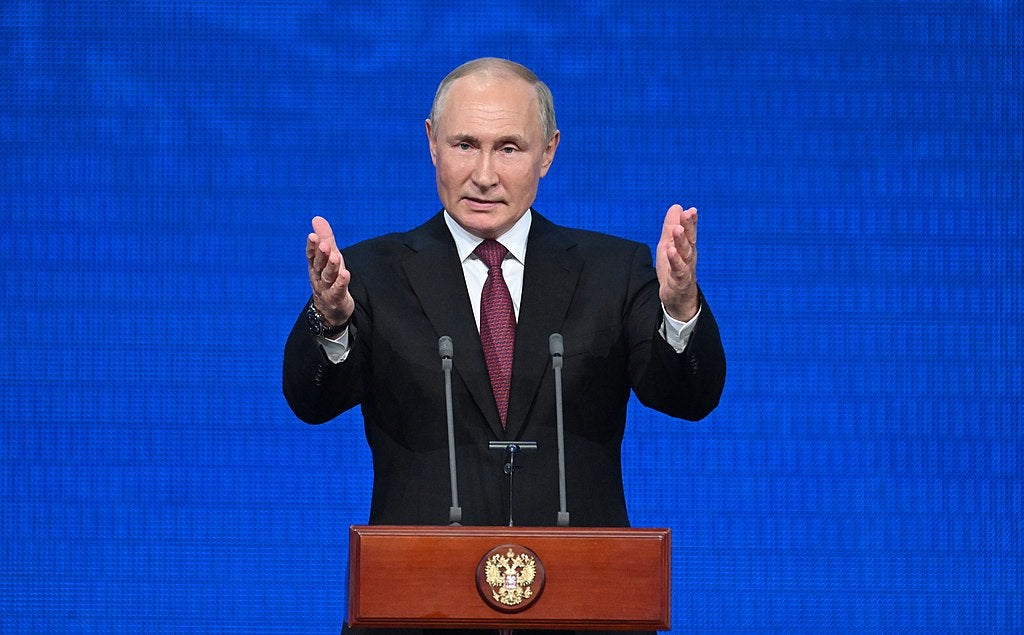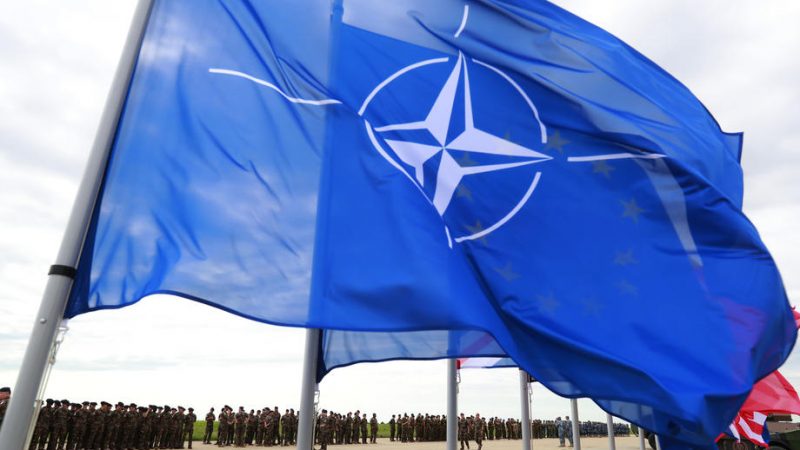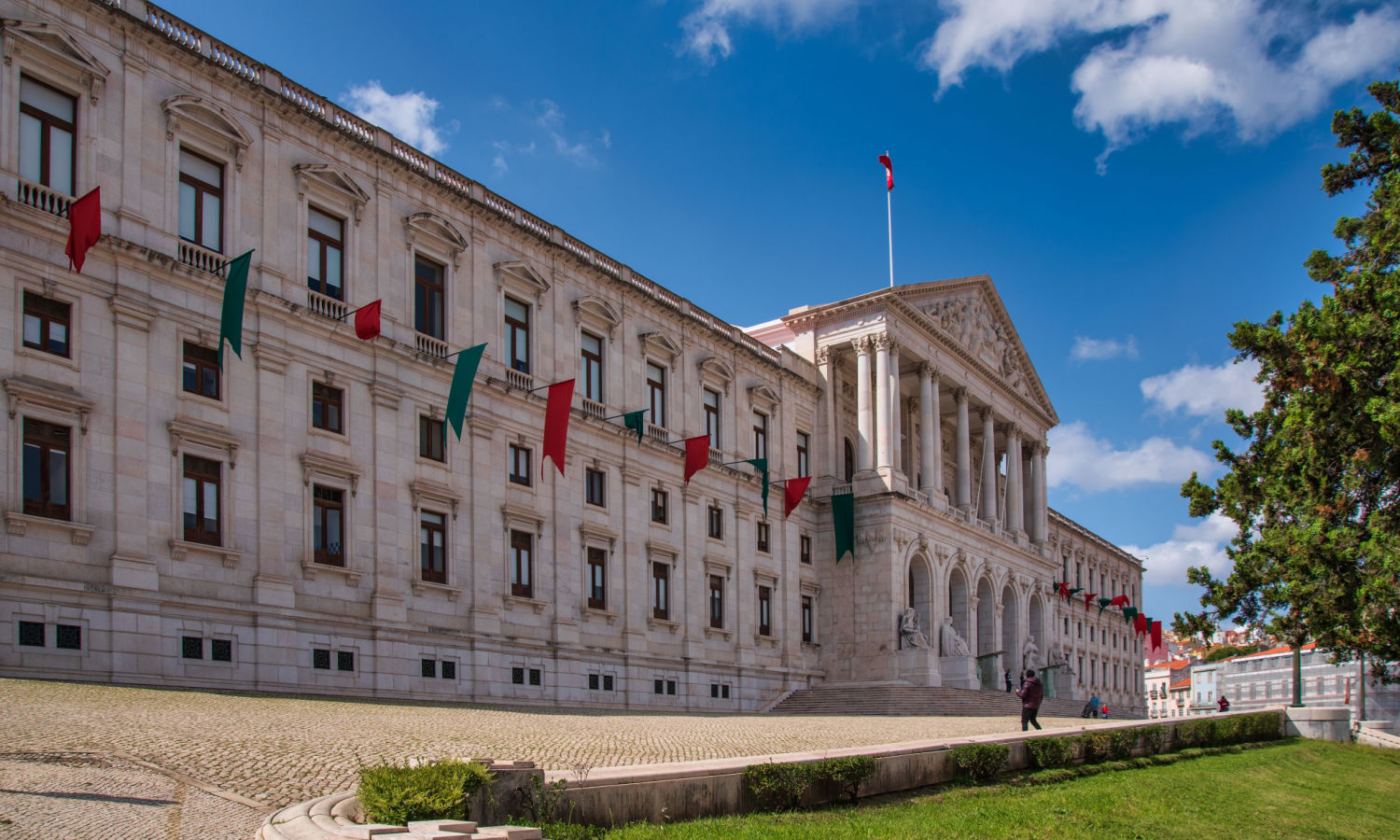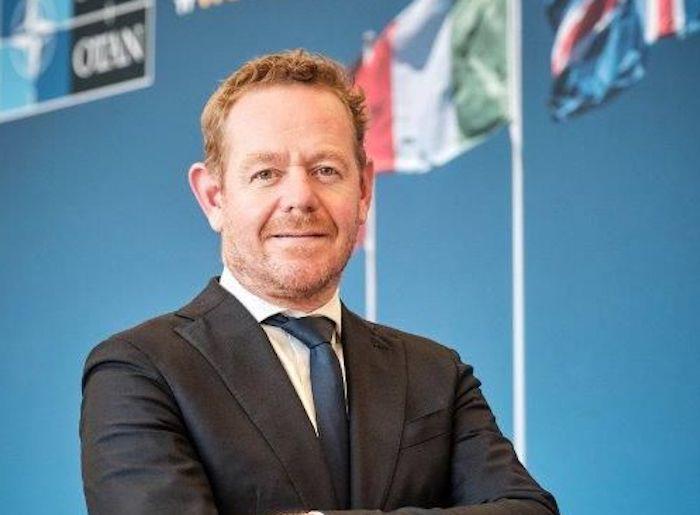Former NATO Commander says Russia will ‘carpet bomb’ Ukraine
Retired Admiral James Stavridis has written books on leadership, decision-making and even sounded the alarm on China and cyber warfare in his book, “2034: A Novel of the Next World War.” In an opinion piece for Bloomberg, he sounding a new alarm for the West: Russia is going to carpet bomb Ukraine unless we do something about it.
Carpet bombing involves progressively stepping up the size and scope of aerial bombing attacks to completely destroy a given area. This is the kind of strategy used in World War II, before the development of smart weapons. Its advantages include destroying industrial capacity and enemy infrastructure. But because it doesn’t distinguish between military and civilian targets, carpet bombing is considered a violation of the 1924 Geneva Protocols – a war crime.
That fact is unlikely to keep Russian President Vladimir Putin from using it.
Stavridis says the ground war in Ukraine will enter a slowdown phase, as both sides deal with the wet, rainy autumn and prepare for the ground to freeze before major combat operations can be ramped back up. Ukraine, he says, will have the advantage on the ground, with its high morale and highly-trained troops, supplied by the West. Facing a conscript army of drunks and criminals, Ukraine is the superior force.
The air war, he says, is another story. In Russia’s most recent conflict in Syria, Russian air forces employed the saturation bombing strategy, using “dumb” munitions to pound Syrian rebel forces and Syrian cities. Dropping thousands of high explosive bombs, the Russians sought to destroy the forces aligned against dictator Bashar al-Asad, along with any support they have had. Worst of all, the strategy worked.
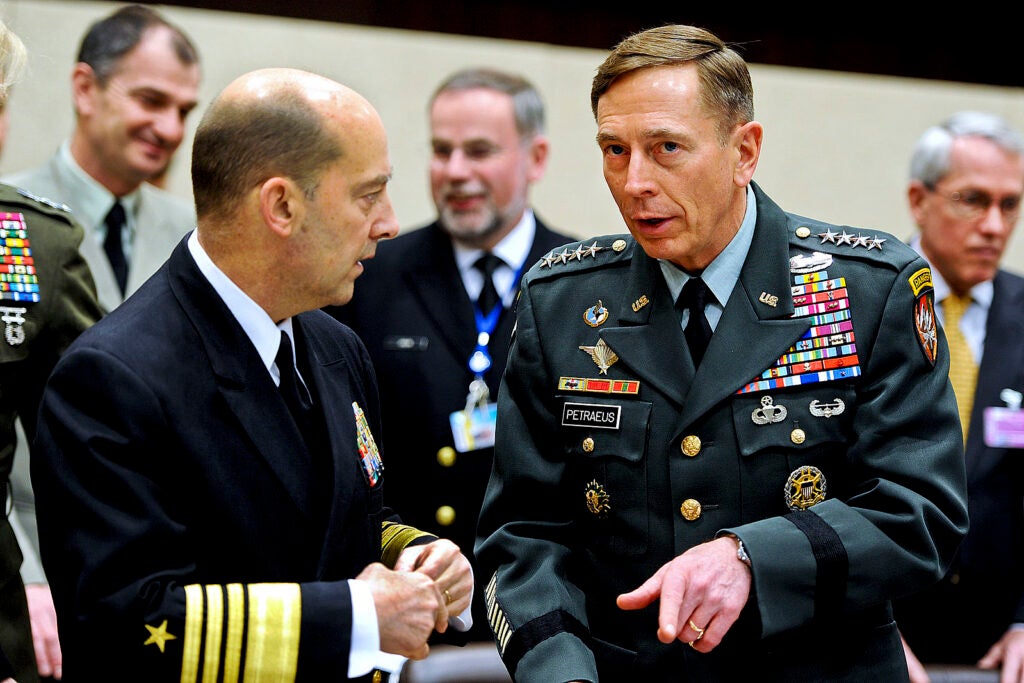
To illustrate his point, Stavridis says the appointment of Russia’s chief Air Force officer to command of the overall war in Ukraine is a harbinger of things to come. Colonel General Sergey Surovikin oversaw the atrocities committed by Russian air forces in Syria and is…
